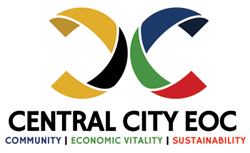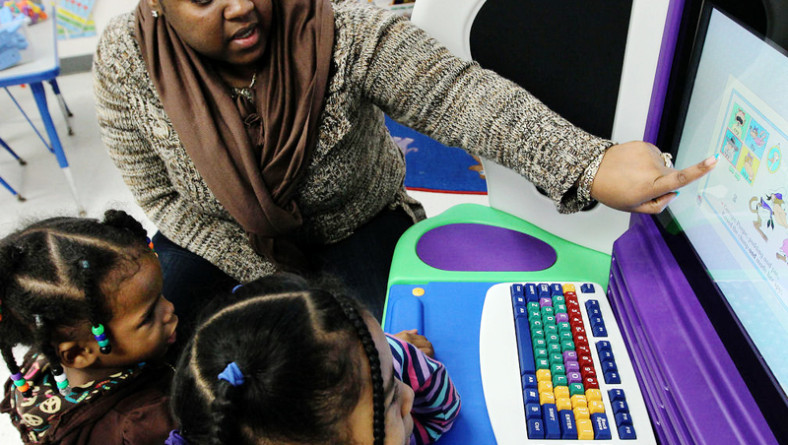50 Years of Family Engagement in Head Start
Head Start and Early Head Start have an amazing legacy of family engagement. As we celebrate Head Start’s 50th anniversary in 2015, Kiersten Beigel, Program Specialist for the Office of Head Start, shared her thoughts with Harvard Family Research Project’s Family Involvement Network of Educators (FINE) Newsletter. An excerpt is below:
Since 1965, programs have supported parents as their child’s first teacher by involving them in the learning process at home and school. They have honored parents’ interest in the nurturing of their children and fueled their passion and hope for their children’s success in life.
The Head Start vision for family engagement has evolved alongside the changing interests and needs of families and communities. This vision has incorporated new evidence from fields such as early childhood development, health, behavioral economics, and mental health. In 2011, the Office of Head Start (OHS) launched the Parent, Family, and Community Engagement (PFCE) Framework. The framework serves as a road map for integrating PFCE strategies across systems and services.
One goal of OHS is to continue to broaden the conversation around family engagement. Our focus is on prioritizing strategies that are systemic, integrated, and comprehensive. In other words, our goal is to move the field beyond seeing family engagement as simply getting enough parents to participate in an isolated event or training. Instead, we seek to help build staff-parent relationships that invite families to learn and grow. Through these relationships, families are supported as parents, teachers, and learners based on their own goals. We also expect programs to track families’ progress in achieving their goals. This must be done with a similar rigor and intent that is used to understand and promote children’s progress.
To bring this vision to life, OHS is working to develop partnerships with parents, programs, agencies, and organizations that promote family engagement. We must increase the collaboration across federal agencies that recognize the critical role of family engagement in children’s long-term school success. A theory of change is only as good as the tools that are available to help put it into action. Our challenge is to identify the common principles of the current family engagement frameworks across educational settings. We also need to clarify how to do the work that makes the greatest difference for children and families.
Finally, we must continue our focus on relationship-based practice. Building positive, goal-orientated relationships is a skill that can be learned. They allow us to tackle the concrete barriers of family involvement, such as transportation, child care, and time and availability. Through trusting relationships, we also begin to address thepsychological barriers associated with engagement. These can include mistrust or misunderstandings, rigid ideas about gender roles, or different cultural beliefs about parent and teacher roles with regard to children’s education. Effective relationships between parents and staff will always be a critical part of children’s educational success. OHS is committed to this work.
Kiersten Beigel is a Program Specialist for the Office of Head Start.
In Brief: 50 Years of Family Engagement in Head Start. HHS/ACF/OHS. 2014. English.


